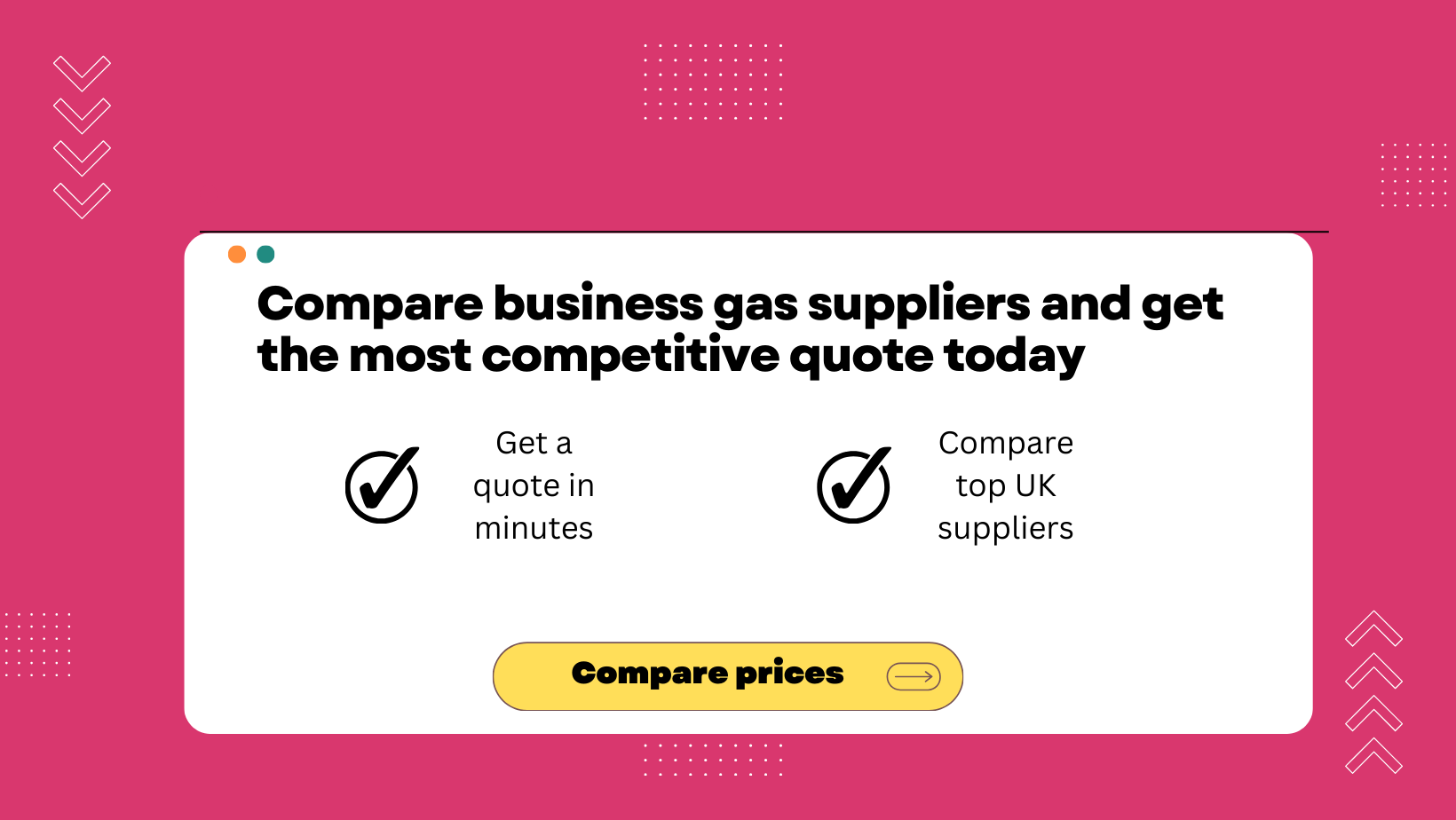Understanding kWh and kW: Decoding Your Business Energy Bill
When reviewing your business energy bills, do you pay attention to the number of kilowatt hours (kWh) your business consumes?
While many focus on the total cost and meter readings, understanding kWh is essential for comprehending how your business energy supplier calculates your bills and identifying energy-hungry appliances. This knowledge empowers you to lower your electricity and gas bills effectively.
What's the Difference Between kWh and kW?
To grasp the concept of a kWh, it's crucial to relate it to a kilowatt (kW). A kilowatt is equivalent to 1,000 Watts and represents the power required to operate a device. In contrast, a kWh signifies the amount of energy consumed over time.
For instance, if your air conditioning unit has a 3,500 Watt rating, it requires 3.5 kW to function and would consume 3.5 kWh of energy if left on for one hour. Conversely, a 100 Watt lightbulb needs 0.1 kW to run and would take 10 hours to consume one kWh of energy.
Exploring kW As previously mentioned, a kW equals 1,000 Watts, with Watts measuring power, defined as one joule of work performed per second. A Watt is also equivalent to 1/746 horsepower and is named after British engineer and inventor James Watt.
Most electrical devices are rated in Watts, and you can typically find this information on labels or in owner's manuals.
Understanding kWh KWhs are the units of energy used by utility companies to measure your business's electricity and gas consumption. Your energy bills express your power usage in kWhs, making it a crucial piece of information because it quantifies your energy consumption.
Utility providers charge a specific rate per kWh, so monitoring your usage and its cost can motivate you to conserve energy and reduce expenses. You can also compare your business's energy consumption to similar businesses to identify inefficiencies or energy wastage, such as leaving equipment on standby instead of switching it off at the mains.
Locating kWh on Your Energy Bill Your energy bills or annual statements include information about your energy consumption in kWhs. Typically, this data appears under the 'usage' section of these documents, detailing the number of kWhs consumed and the corresponding cost per kWh.
Calculating Appliance kWh Usage Determining how many kWhs a specific device consumes is straightforward. Begin by referencing the device's power rating, typically provided in Watts. Convert this figure to kW by dividing by 1,000. For example, a restaurant's hob may use 2,000 Watts, equivalent to 2 kW. Multiply this kW rating by the device's typical usage duration. If the hob operates for six hours daily, the calculation would be 2 kW x 6 hours, equaling 12 kWh per day.
To determine the cost of running the appliance, multiply the kWh figure by your energy supplier's rate per kWh. If your supplier charges 14.36p per kWh, running the hob in the scenario above would cost approximately £1.72 per day.
Unlock Savings on Your Business Energy
Our dedicated team is committed to helping businesses like yours save on energy costs. Contact us today, and one of our experts will assist you in finding the best energy deals for your business.

